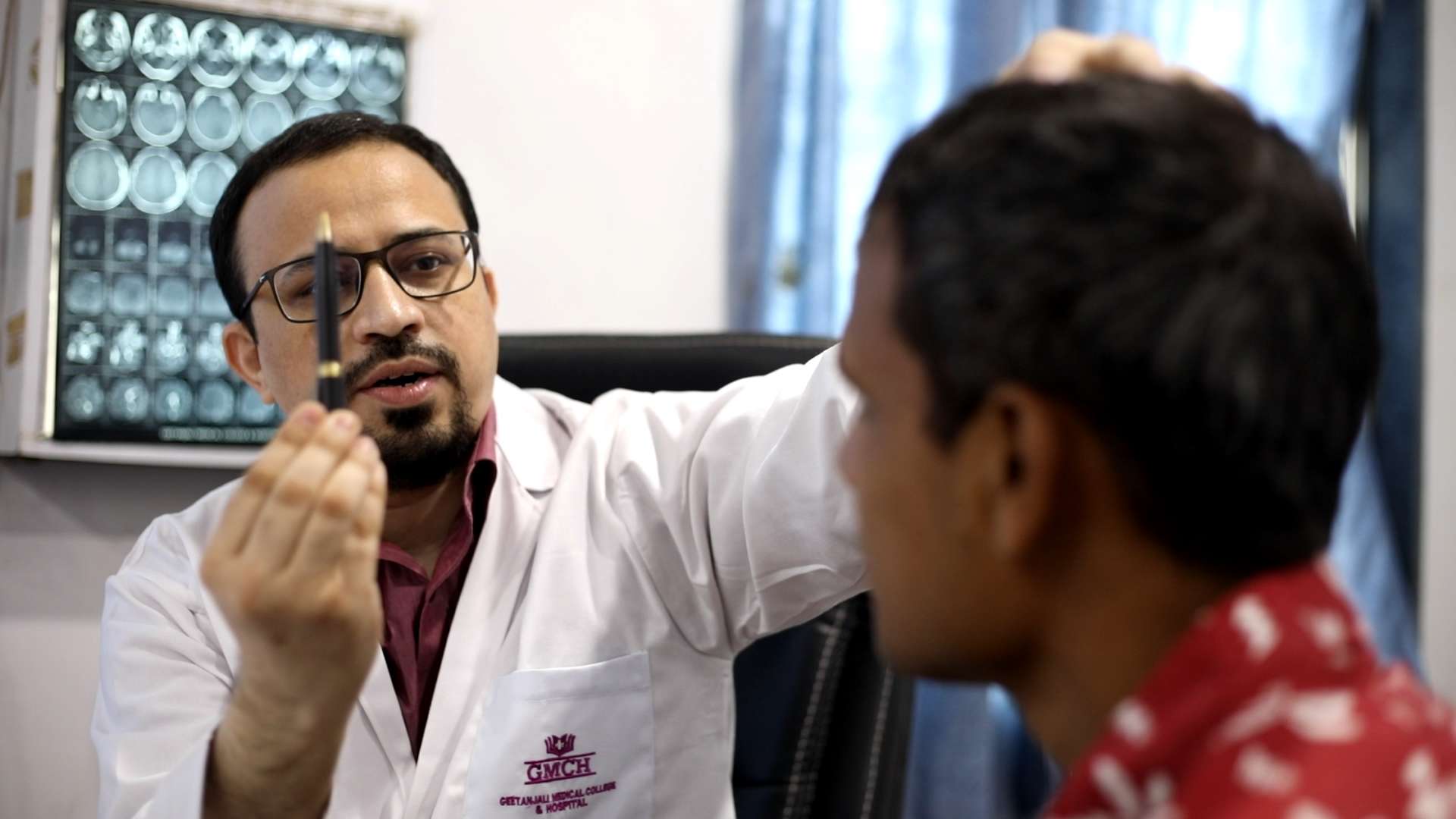Learn more about Epilepsy from Dr Anis Jukkerwala - Pioneer Epileptologist in South Rajasthan
Dr. Anis Jukkarwala, who is Professor of Neurology and Consultant Neurologist in Geetanjali Medical College and Hospital, Udaipur is a trained Epileptologist in South Rajasthan. In his medical career spanning almost 2 decades, he has offered his services in the Neurology domain for nearly a decade. Dr Anis, speaking to Udaipur Times, said that he completed his Doctor of Medicine (DM) in Neurology from the prestigious Sree Chitra Tirunal Institute of Medical Sciences, Trivandrum in December 2011. He also received his Fellowship degree in Epilepsy from the same alma mater in December 2012. Over the last 2 years, he and his team has conducted 19 Epilepsy Surgeries at Geetanjali Medical College and Hospital.
Excerpts from an interaction with Dr Anis Jukkerwala, with an aim to elaborate on Epilepsy and help readers to know and understand more about this neurological disorder.
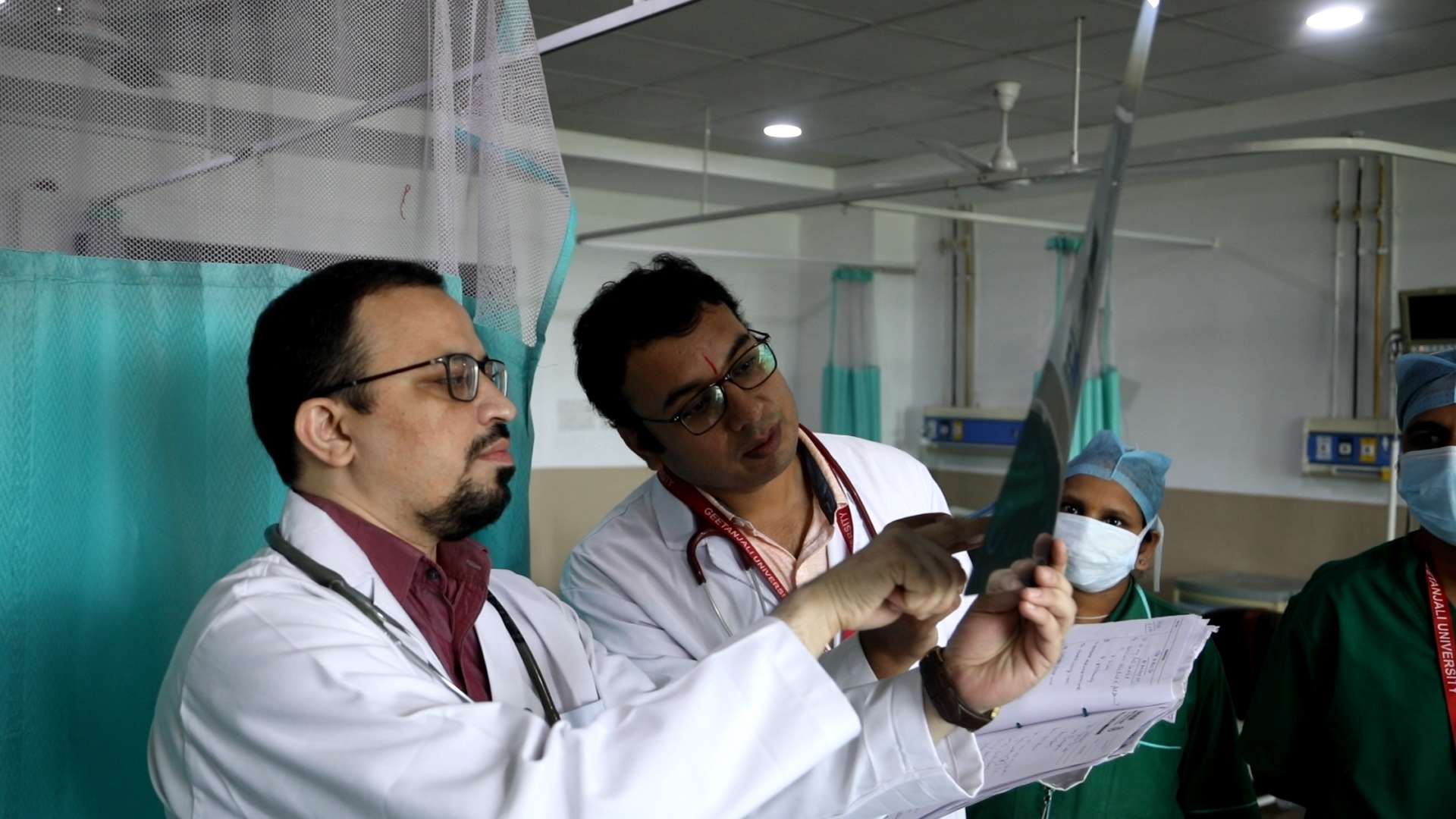
Epilepsy is a neurological disease. In this disease, unwanted waves of electricity are formed in the brain, due to which the body starts shaking violently. These waves can form in a group of brain cells or in one part of the brain, or it is even possible that these waves can also occur simultaneously in many parts of the brain, causing different types of seizures.
There are two types of Epileptic seizures:
1. Major seizures- In this, the patient becomes unconscious, falls down, makes weird sounds, the hands and feet get cramped, the body starts violently jerking, and the breathing becomes very fast. In some cases, foam comes out of the mouth or the tongue is bitten by the teeth.
2. Minor seizures- In this, the patient loses memory for a few moments or minutes or stares at one place or becomes numb for a while. In such types of seizures, the patient may not fall or develop body stiffness or jerks.
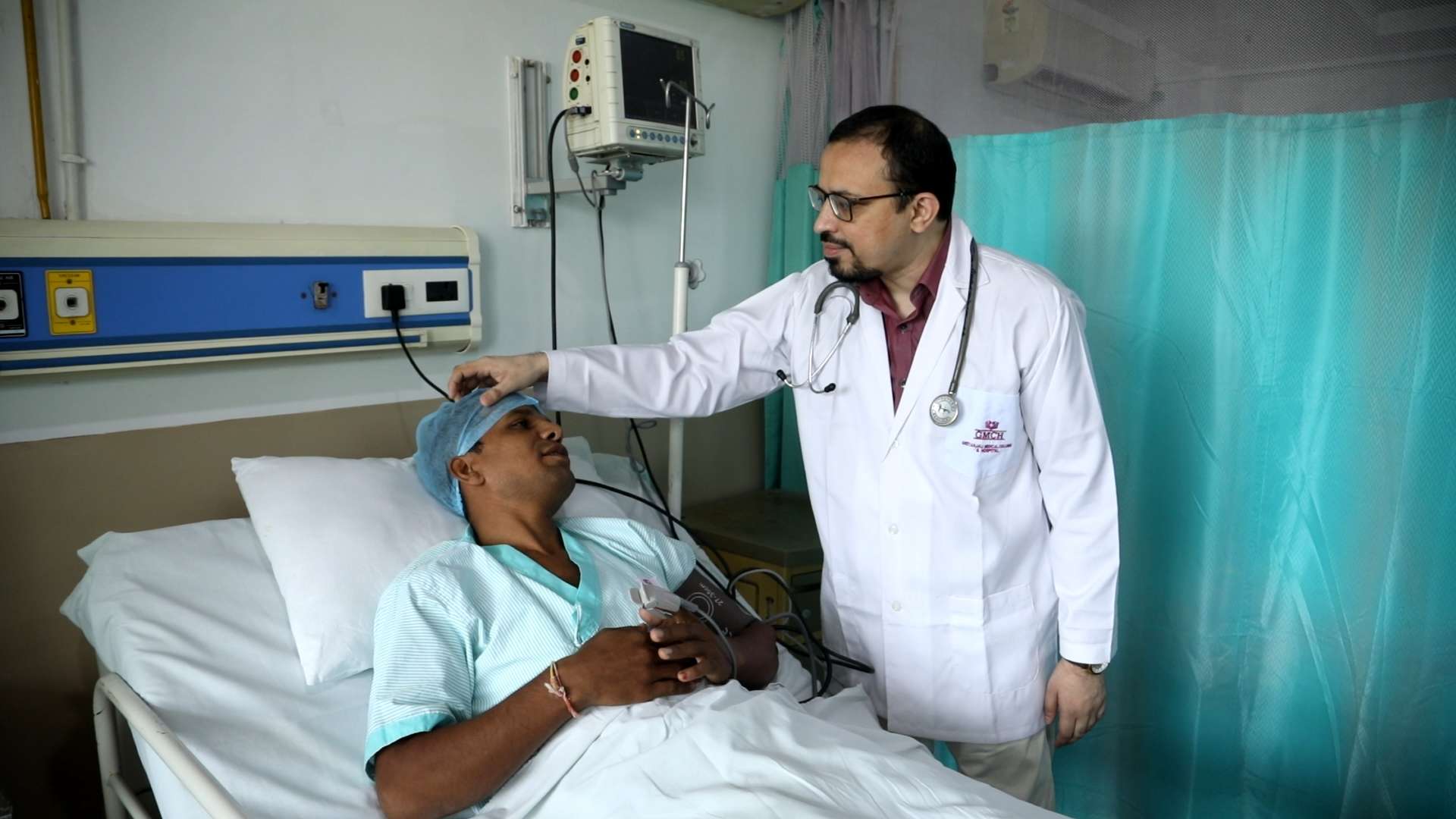
In case of an Epileptic attack, help the patient to turn on one side so that any kind of foam that forms inside the mouth comes out and the patient doesn’t choke. Remain calm, don't crowd over or near him and don't shout. Open the windows and doors of the room for proper ventilation so that the patient doesn't feel suffocated. If the patient's tongue is seen getting clenched between the teeth, then gently push the tongue inside with a clean cloth and keep proper track of time.
DONT'S - do not try to force open the jaw, do not force water in the patient's mouth, and never put any object, especially sharp objects, like a spoon in the patient's mouth because these things may break the patient's teeth or damage the jaws. If the seizure continues for more than 2 or 3 minutes, then take the patient to the nearby hospital where facilities are available. Nowadays Midazolam spray is also available, which after consulting your neurologist, you can put in the nose to reduce the intensity and the duration of the seizures.
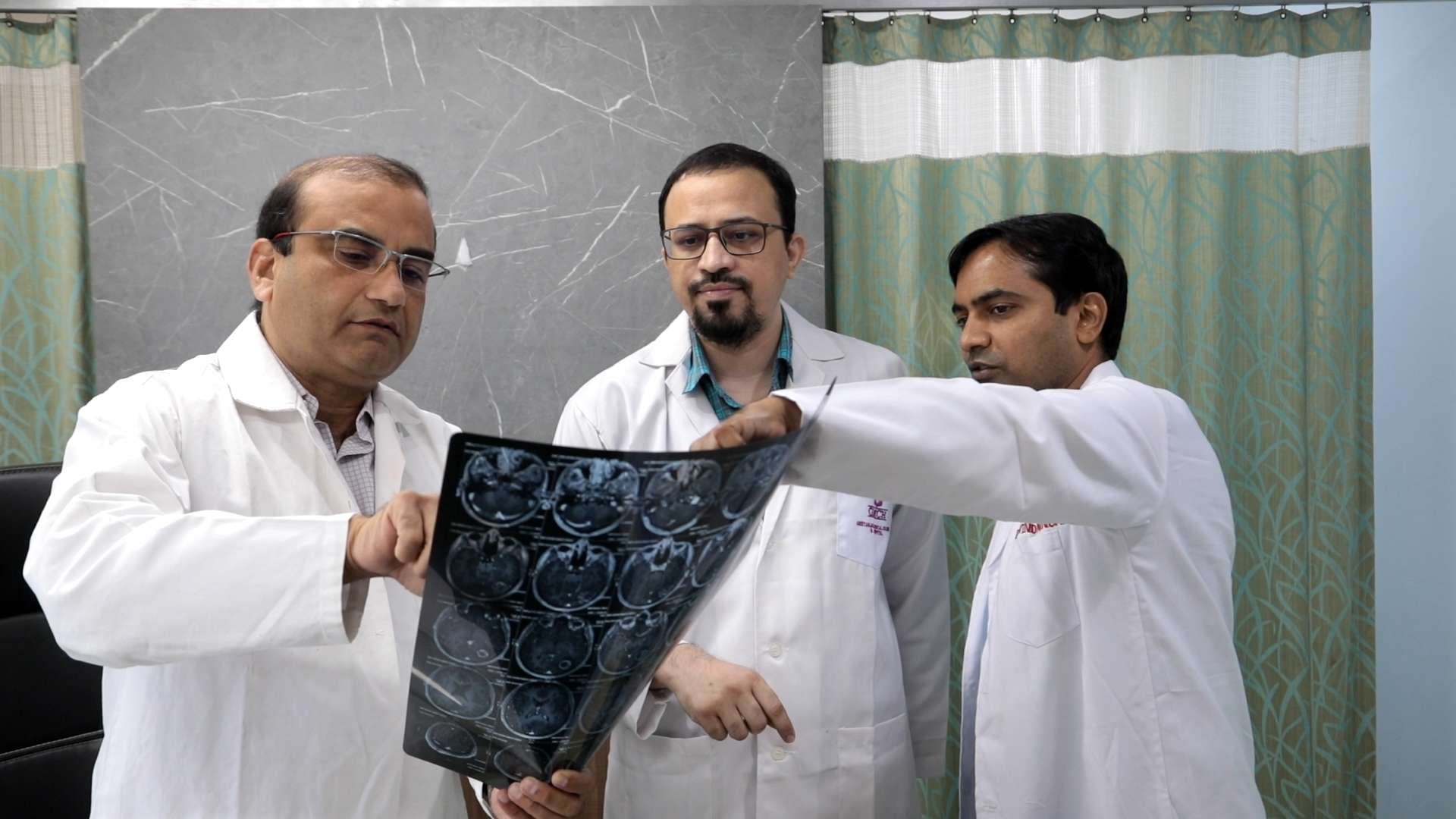
The reason for Epilepsy may vary by age. For example, even a one-day-old baby can develop epilepsy due to lack of oxygen or sugar at birth. There are different causes of Epilepsy in childhood, such as brain infection, defect in the structure of any nerve of the brain, slow brain development, and genetic causes. On the other hand, the reasons for Epilepsy in adults may be different, such as having a tumor in the brain, a chronic injury, paralysis, blockage or hemorrhage in a vein, or even frequent lack of sodium in the body can also increase the chances of epilepsy attacks.
Under the treatment of Epilepsy, there are two crucial stages:
Detection of disease: Apart from normal tests, two tests are very important in this - MRI and EEG of the brain
Treatment: For the past few years, there has been great progress in the treatment of Epilepsy, seizures can be stopped easily using new and more advanced medicines. First, the doctors try to treat epilepsy using medicines, but in 20% of such cases, the seizures do not stop from medical treatment. So, in such scenarios, it is advisable for the patients to consult their doctors for the possibility of an operation.
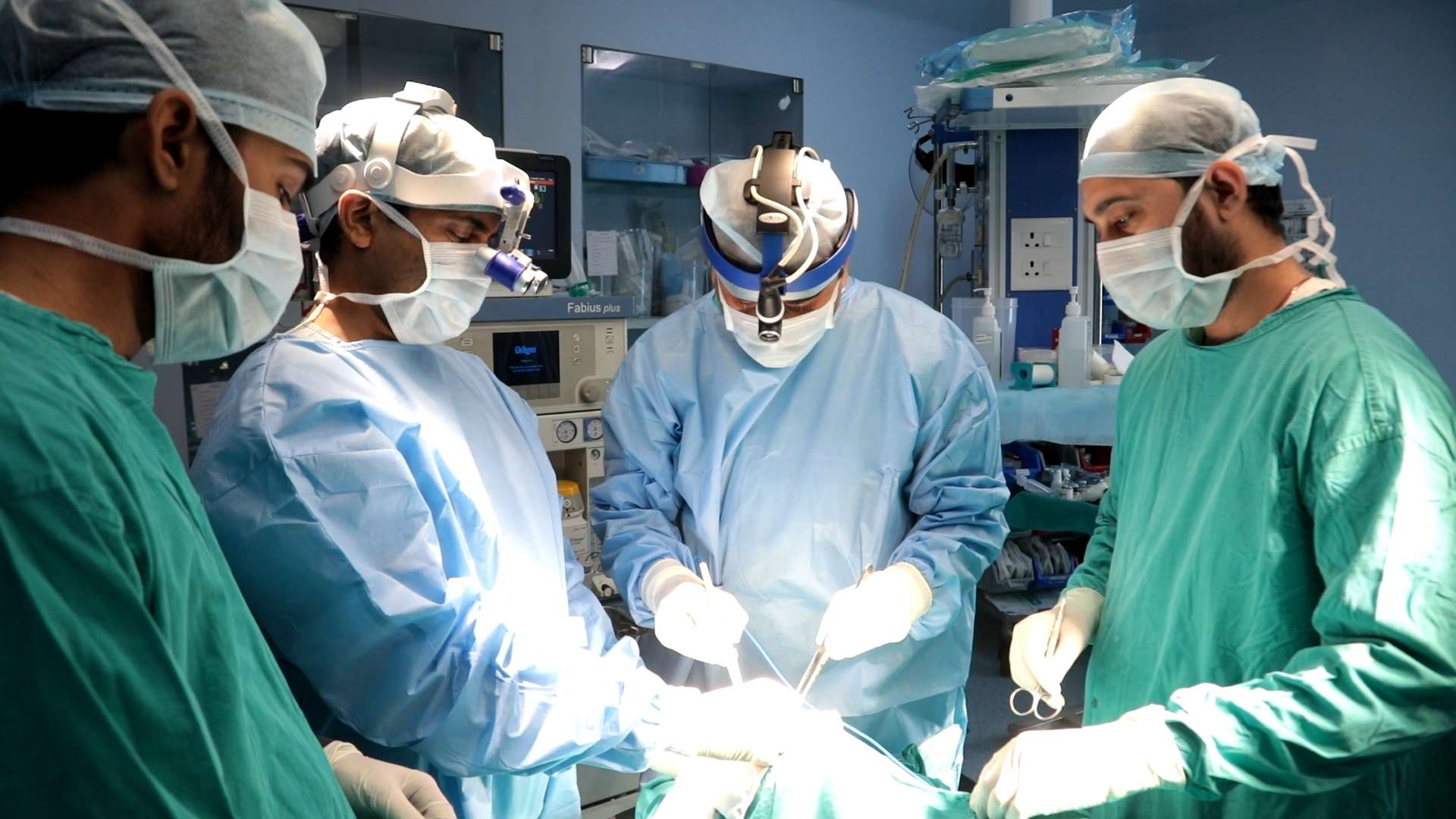
The duration of treatment depends on its cause. To illustrate with an example, if due to a chronic brain disease a wound is developed in the brain, then the Epilepsy treatment may be prolonged, or may even continue for their lifetime. On the other hand, many times the cause of Epilepsy in children is cured with time itself, and even the medicines for the treatment can be discontinued after 2-3 years as per doctor's consultation and expert advice. However, in the majority of cases, once the medicines are started, the patient has to continue taking them for at least 3-5 years. The patient should not discontinue these medicines without the doctor's advice and it is necessary to take them every day at the dedicated time.
The true answer is yes, but this risk is higher for people who experience severe seizures, patients who suddenly stop taking their medicines and do not take necessary precautions and indulge in activities like driving, swimming, and alcohol/drugs consumption despite the Epilepsy attacks. Such patients increase their risk of fatality due to the attacks.
Like any other health condition, Epilepsy is also a disease and has no relation to untouchability or supernatural possession. About 80% of the patients can be controlled or cured by medicines or operation.
If we set aside that few minutes of seizures from the patient's life, he can lead a normal life like any other human in the remaining time. In fact, if we look around, there are many cricketers, scientists, businessmen and businesswomen in and around the globe who suffered from Epileptic attacks and yet, it didn't deter their passion, otherwise if they would have lost confidence they wouldn't have reached where they are now. So, my advice to all who know a patient of Epilepsy, is to boost the morale of the patients and give responsibilities to them so that they feel important. While you should be mindful of their safety, motivate them to do their daily chores and continue their business, office, or work.
In the case of the marriage of the patients, they should be open about their disease to their partner and should disclose it before the marriage for everyone to make an informed decision. As far as childbirth for women suffering from Epilepsy is concerned, in pregnant women, now the effect of the disease or medicine can also be detected using high-quality sonography or blood tests.
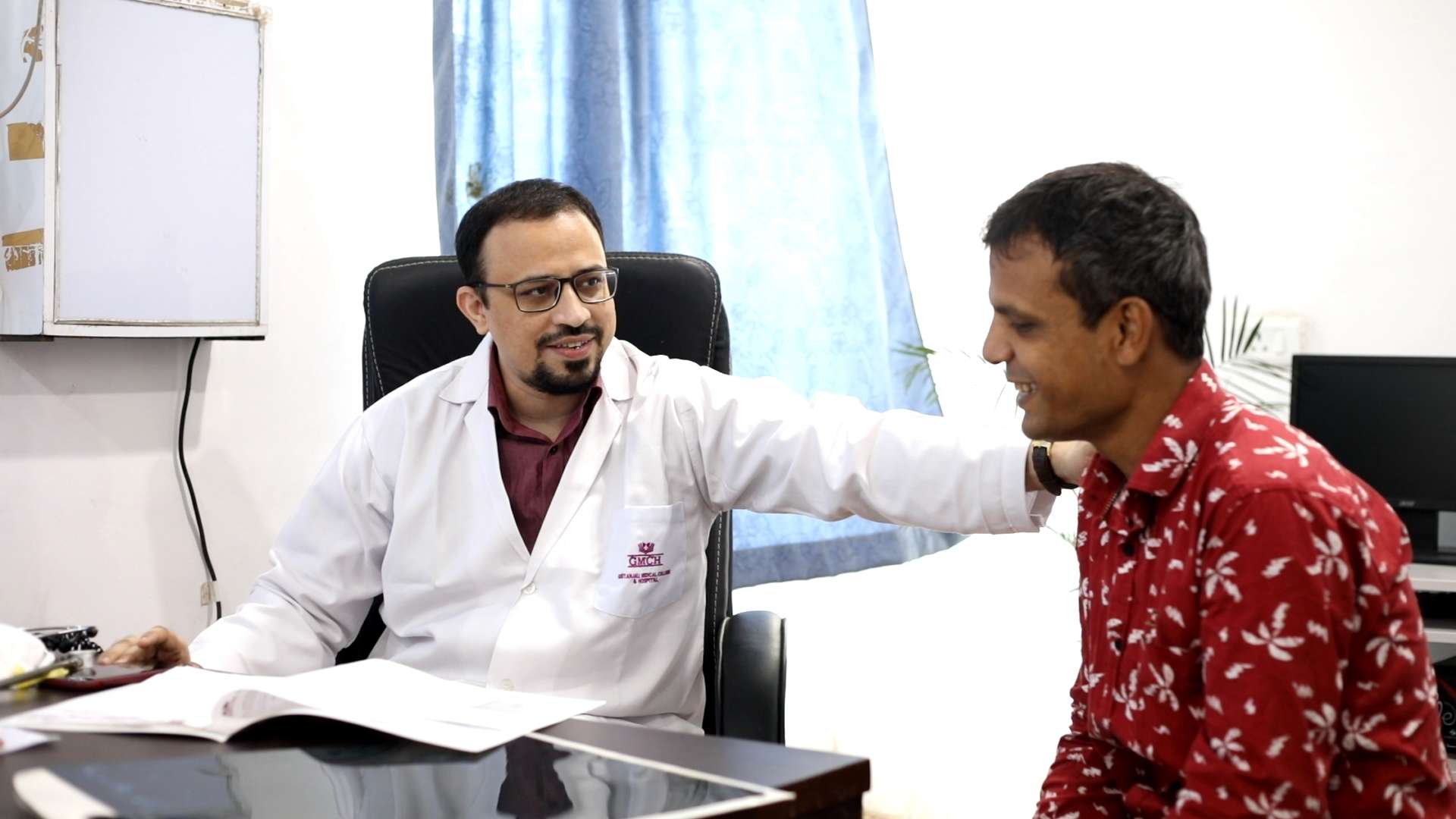
To be able to treat Epilepsy properly, it is essential to examine the patient thoroughly.
Geetanjali Hospital is equipped with advanced state-of-the-art machines for testing like 3.0 Tesla MRI, Nikolet Video E.E.G. Both these machines are available at very few places in Rajasthan. Through the machines, we can gauge the cause of epilepsy better in the patient. An operation is also an option for patients whose disease is not controlled by medicines.
At Geetanjali Hospital, special protocols are followed for epilepsy patients, particularly for difficult to treat cases. The neurologist is the key doctor to investigate the cause of epilepsy. As a second step, the feasibility of operation is discussed with the neurosurgeon. In this process, sometimes the opinion of a radiologist, psychologist and anesthetist is also taken. Finally, the patient and his/her family are informed about it. Following this set protocol, 19 such operations have been successfully performed at Geetanjali Hospital in the last two years.
I would like to say that the treatment of epilepsy is possible, do not fall into any kind of superstition and please trust medical science for its treatment.
To join us on Facebook Click Here and Subscribe to UdaipurTimes Broadcast channels on GoogleNews | Telegram | Signal



